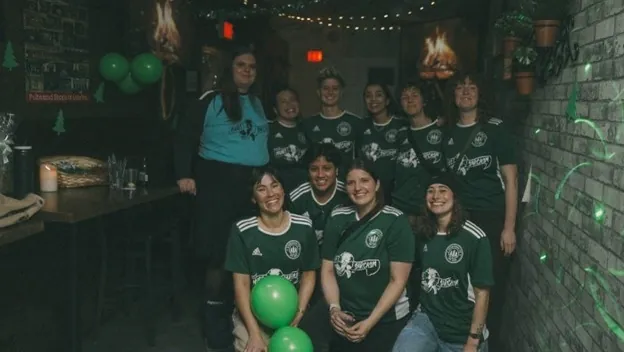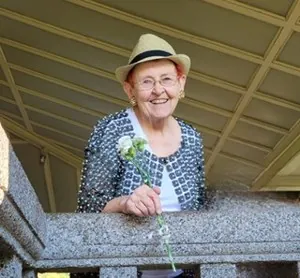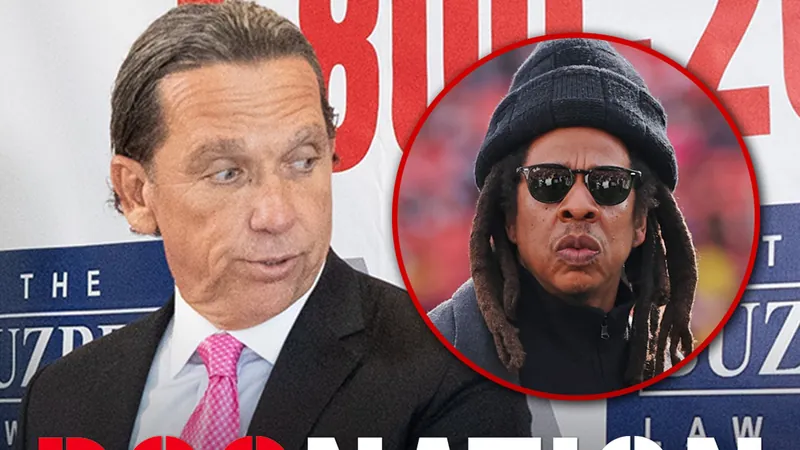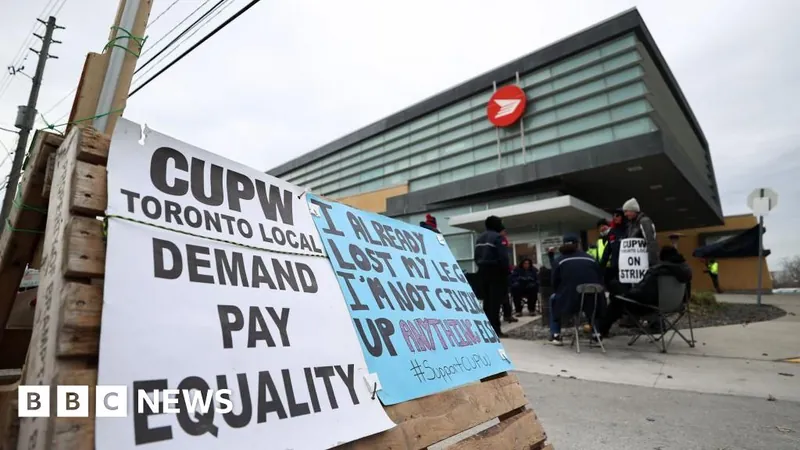
Controversy Erupts Over Toronto League's Gender Inclusion Policy as Evergreen FC Advocates for Change
2024-12-18
Author: Jacob
Introduction
In a significant move towards inclusivity, a recreational soccer team in Toronto, Evergreen FC, is challenging the gender inclusion policies of Stadium Sport Leagues after the league temporarily barred non-binary players from women's teams. This decision has ignited a much-needed dialogue about accessibility and support for LGBTQ+ athletes within the sporting community.
Evergreen FC's Background
Evergreen FC, co-captained by Riley Yesno, has been a vibrant part of the women’s division since 2022, fielding a diverse team that includes female, LGBTQ+, and gender-diverse players. However, a recent communication from the league stating that members who identify as anything other than 'female' would henceforth only be allowed to play in co-ed teams caught the team off guard.
League's Rationale
In emails shared with media outlets, the league cited safety complaints from other players who purportedly felt uncomfortable competing against Evergreen FC as the basis for enforcing what they claimed was their "gender inclusive policy." Yesno, however, contends that her team, which proudly identifies as “fully queer,” has never faced any disciplinary issues that would justify such complaints.
Contradictions in Policy
Yesno had previously collaborated with the league to create a gender inclusion policy aimed at preventing discrimination. Yet, the recent policy changes contradict the very foundations of this initiative, as they now restrict gender-diverse players from participating in women's leagues based merely on their registered gender identity.
Community Concerns
“The league claims it enforces a no-question gender policy, yet they appear to have taken measures that directly conflict with that," Yesno stated. “If you're not allowed to question someone’s gender identity, how can you enforce restrictions based on it?”
Policy Revision
This development has raised concerns and fears for players who prefer to compete in women’s leagues rather than co-ed environments, which can perpetuate physical and verbal conflicts. After raising these concerns, Evergreen FC was able to persuade the league to revise its policy, ultimately allowing players marked as “other” or “unknown” to participate in women’s competitions.
Broader Implications
Despite the initial policy shift, there remains speculation about its broader implications. Female athlete Val Bonifaz expressed disappointment, stating, “The latest policies still don't fully address gender inclusivity. It feels like a step backward…” Her sentiments echo a larger concern that such restrictions hinder players from choosing the environments where they feel safest.
Support from Notable Figures
As the team navigates this challenging landscape, they have rallied support from notable figures, including Quinn, a member of Canada's national women’s soccer team, and Nikki Hiltz, an Olympian in track and field. Both have publicly shown their solidarity with Evergreen FC in their fight for an inclusive sporting atmosphere.
Online Petition for Inclusivity
In response to the prevailing unrest and amid the conversation around policy strengthening, Yesno initiated an online petition advocating for more inclusive practices. This movement has attracted over 1,000 signatures and highlights the growing demand for gender inclusivity policies that resonate with those in marginalized communities.
Wider Discussions on Inclusion
The debate extends beyond Toronto, as similar issues surface in larger conversations about inclusion at professional levels. For example, recent legislative developments in Alberta threaten to ban transgender athletes from female competitions and have stirred significant national discussions. Meanwhile, the NCAA faces backlash from players who argue that their rights are compromised by policies which discriminate against transgender individuals.
Conclusion
Evergreen FC's experience serves as a reminder that while progress has been made, the battle for equitable and inclusive sports is far from over. As they prepare for future seasons, the sentiment among team members is clear: “The ongoing support from allies across our community fuels our hope that we can advocate for meaningful change.”
Bonifaz concluded that young athletes who identify as non-binary or gender diverse must be aware of the support embedded within the LGBTQ+ community, emphasizing, “We have always been here and always will be.”
The Movement's Objective
The movement seeks to ensure that all athletes can compete in an environment that values their identity, standing as a testament to the changing face of sports in Canada and beyond.









 Brasil (PT)
Brasil (PT)
 Canada (EN)
Canada (EN)
 Chile (ES)
Chile (ES)
 España (ES)
España (ES)
 France (FR)
France (FR)
 Hong Kong (EN)
Hong Kong (EN)
 Italia (IT)
Italia (IT)
 日本 (JA)
日本 (JA)
 Magyarország (HU)
Magyarország (HU)
 Norge (NO)
Norge (NO)
 Polska (PL)
Polska (PL)
 Schweiz (DE)
Schweiz (DE)
 Singapore (EN)
Singapore (EN)
 Sverige (SV)
Sverige (SV)
 Suomi (FI)
Suomi (FI)
 Türkiye (TR)
Türkiye (TR)